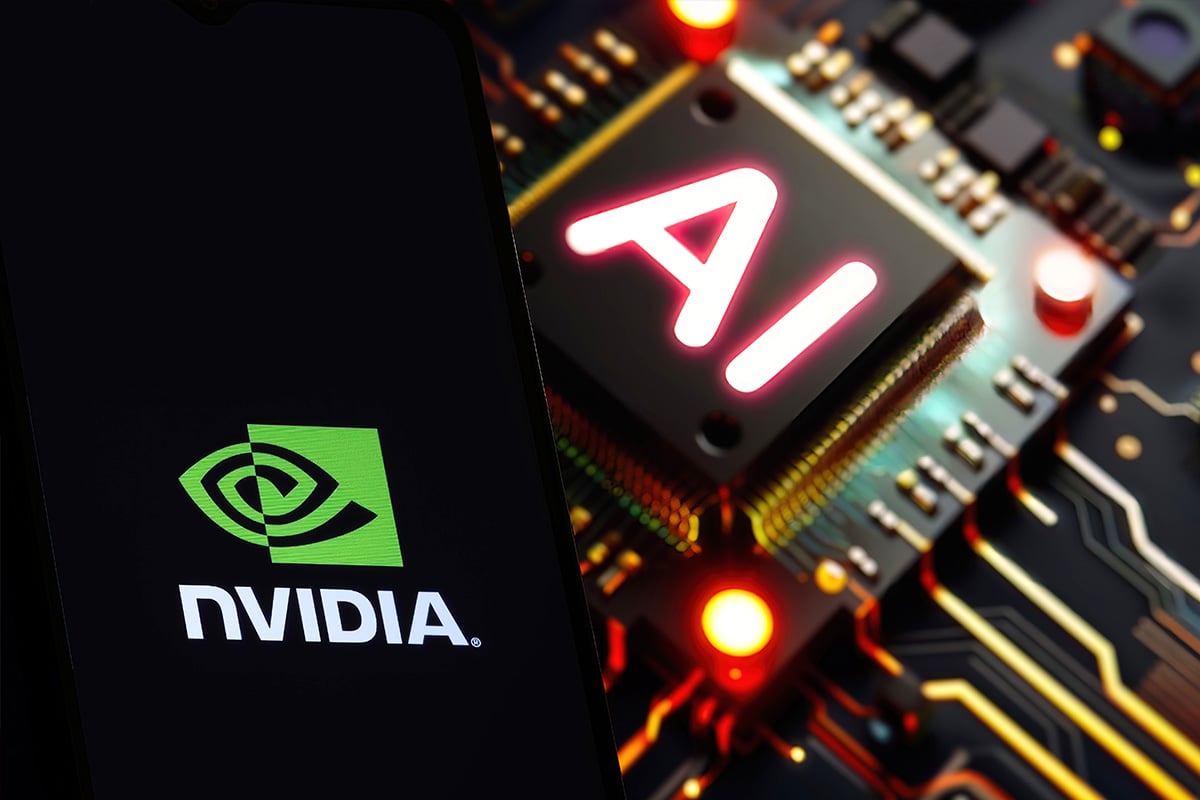Consensys founder Lubin: Ethereum will focus on three core areas in the future: capacity expansion, user experience, and basic research and development
PANews reported on October 2 that according to Golden Finance, at the TOKEN2049 conference, Consensys founder and CEO Joseph Lubin elaborated on the three core development priorities of Ethereum in the future: expansion, optimizing user experience (UX), and basic research and development.
Lubin explained that the expansion aims to achieve "millions of TPS" by optimizing the main network and utilizing Layer 2; optimizing the user experience focuses on solving pain points such as private key management and gas fee fluctuations; the focus of basic research and development is to invest in zero-knowledge proof technology to protect privacy and upgrade the PoS consensus mechanism.
Lubin also emphasized the potential for integrating AI and blockchain, arguing that smart contracts could address the "unverifiable" nature of AI results. He also urged developers to focus more on real-economy needs, such as cross-border remittances and the integration of traditional assets into blockchains, rather than short-term speculation.
You May Also Like

Nvidia Partners with Former Crypto Miner Nscale for UK AI Infrastructure Project

Top Crypto Coins to Invest in October 2025: AlphaPepe Presale, Chainlink Growth, and Ethereum Momentum
